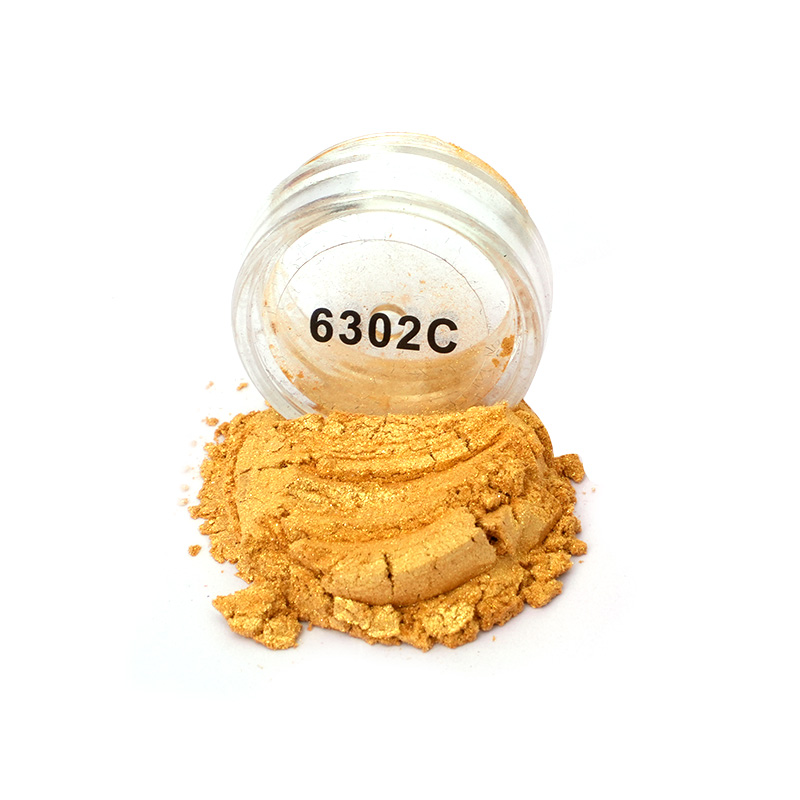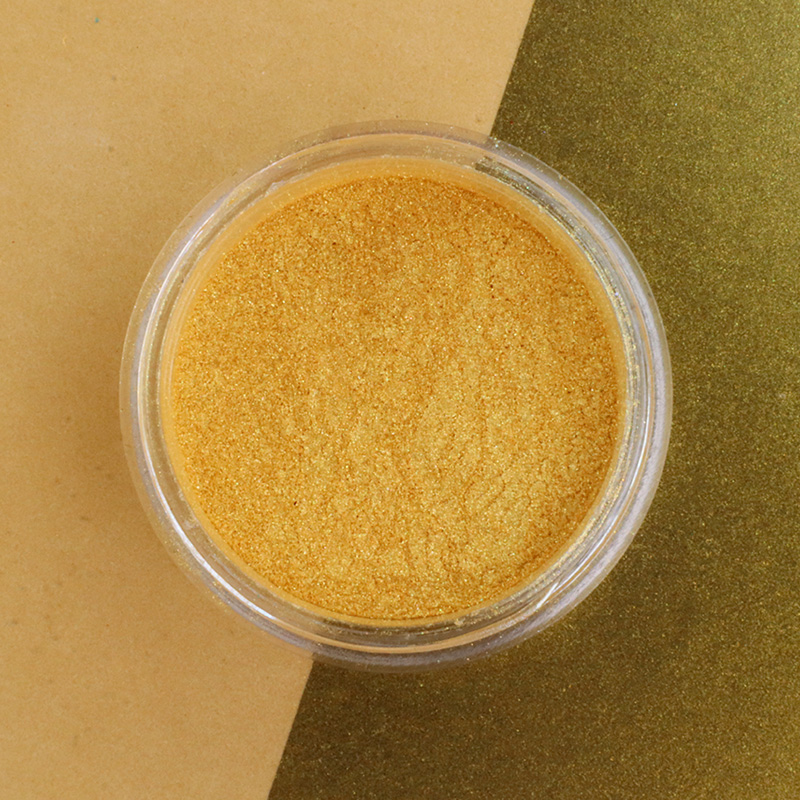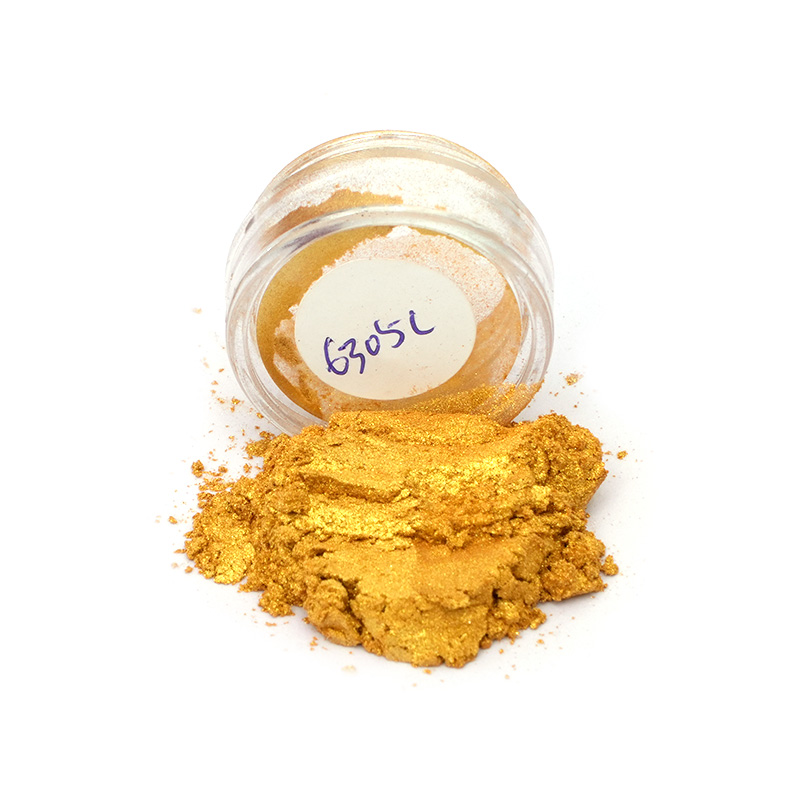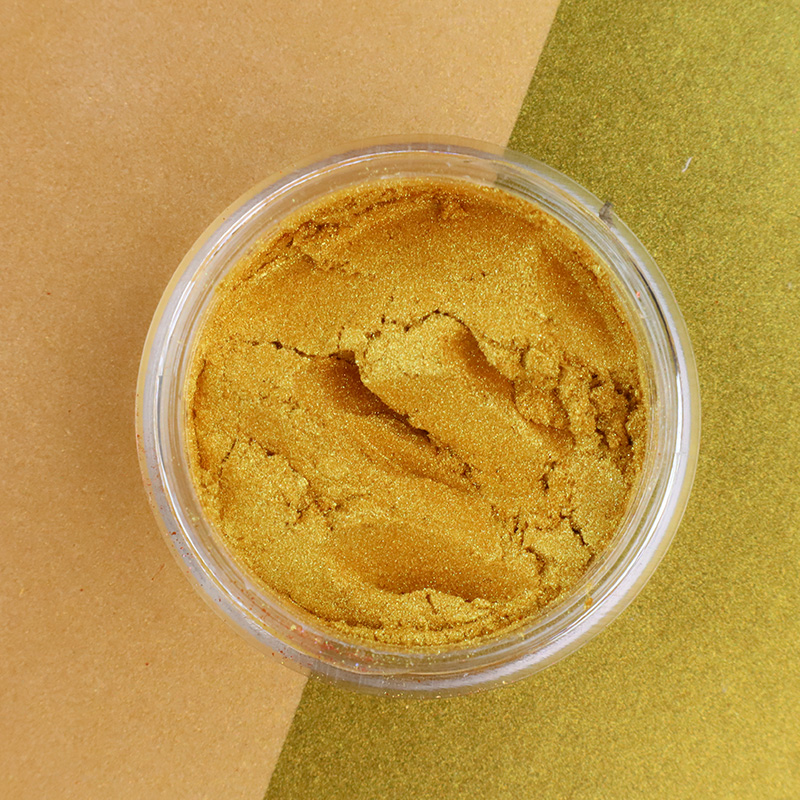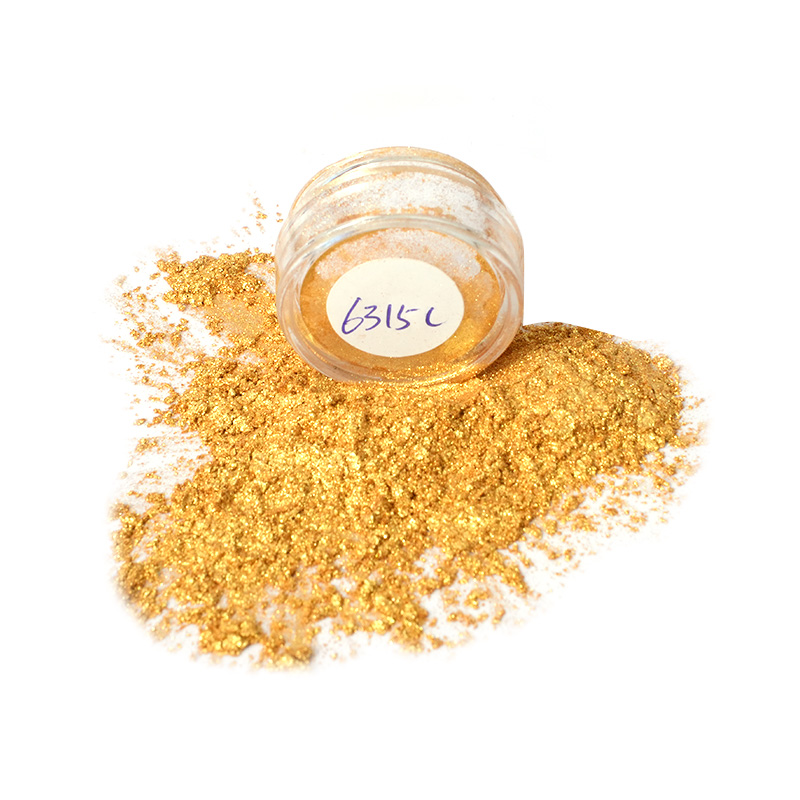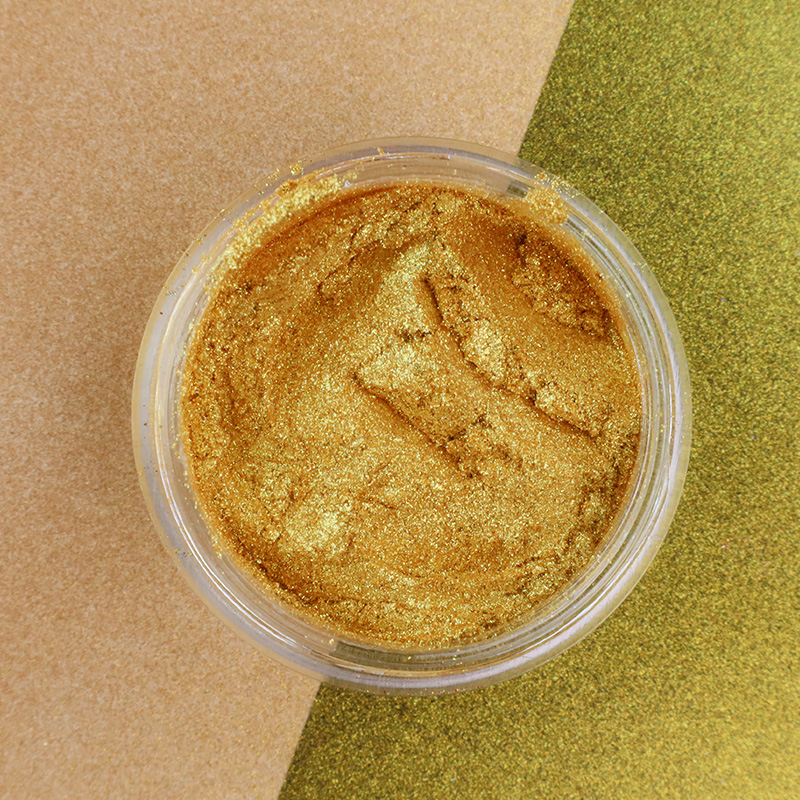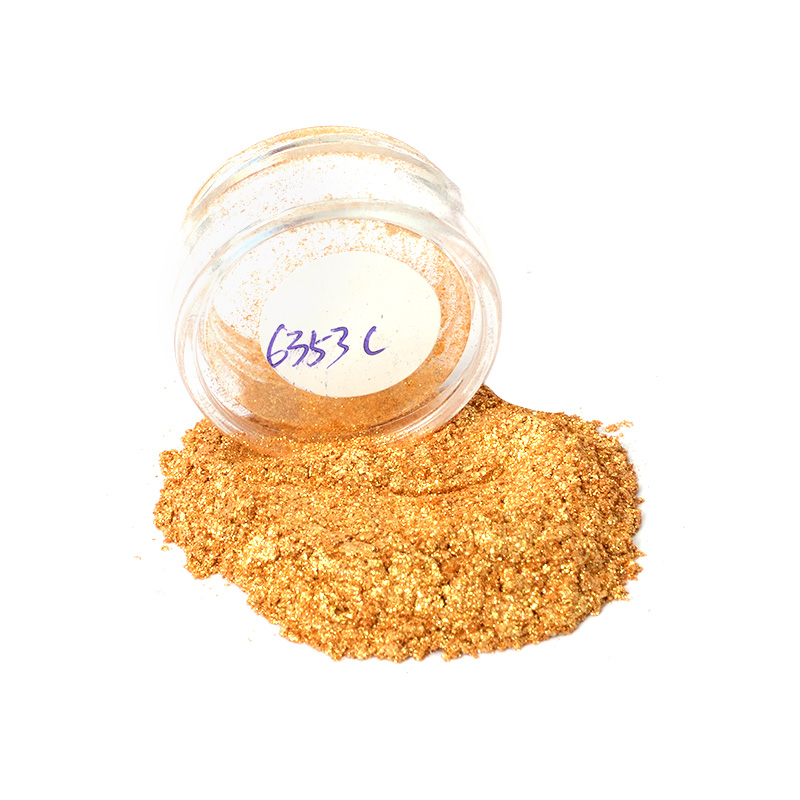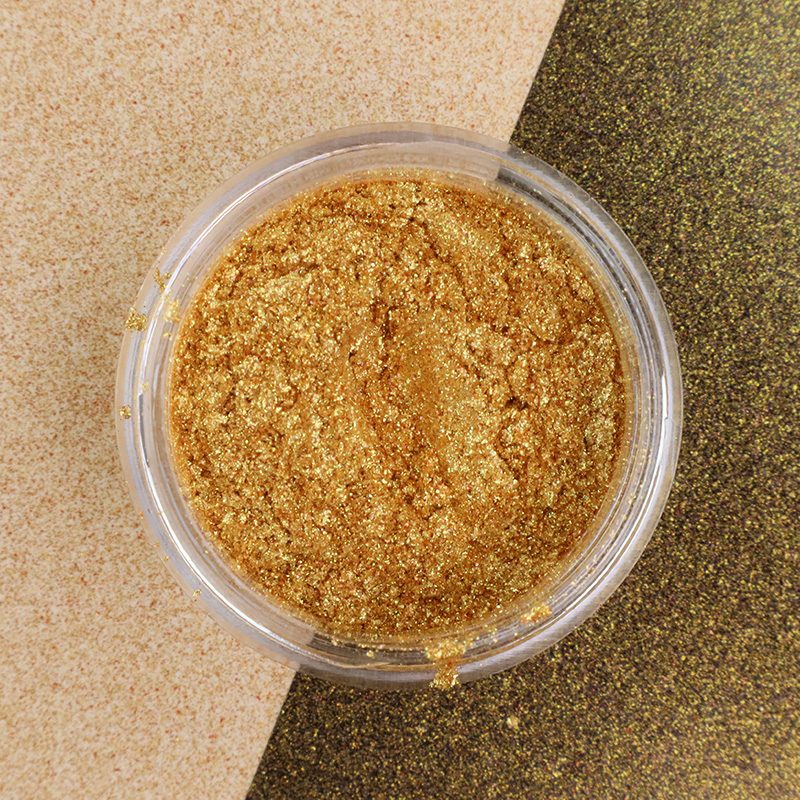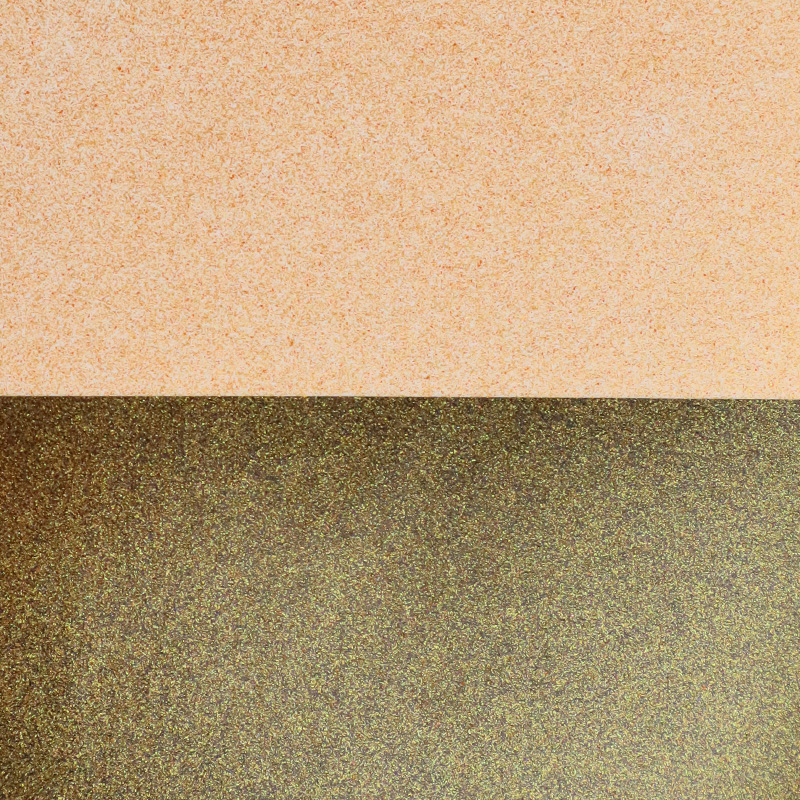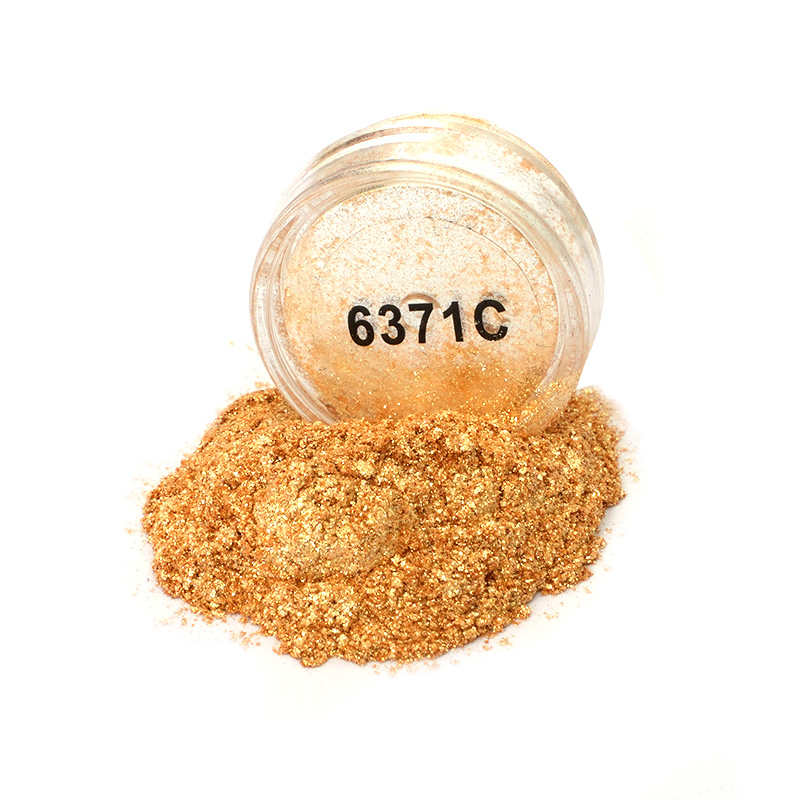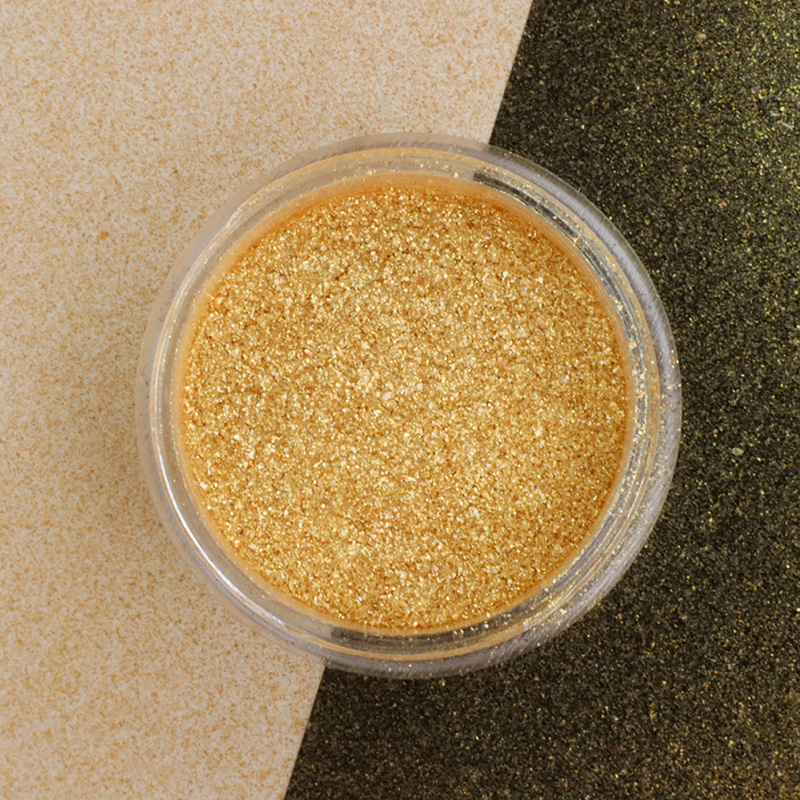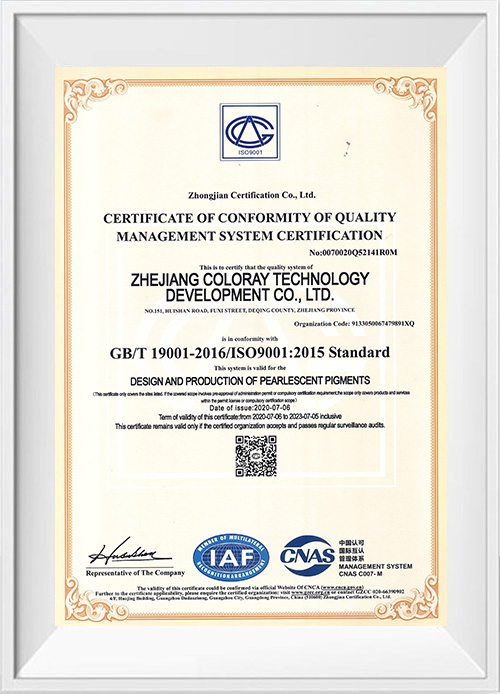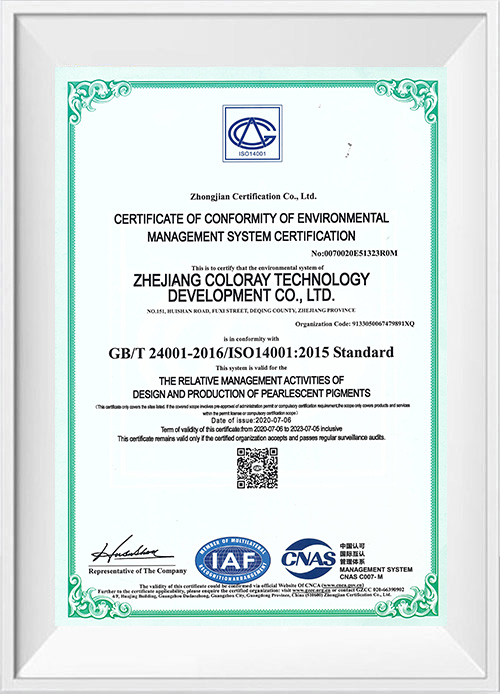What should I do if my skin becomes red or itchy after using cosmetics containing crystal gold pearlescent pigments?
Most high-quality crystal gold pearlescent pigments are non-toxic and will not harm the skin. They are tested for skin irritation and allergy to ensure that they are safe for most skin types. Generally, these pigments are designed to be hypoallergenic, but for a very small number of people with sensitive skin, they may still cause mild allergic reactions such as skin redness or itching. If your skin reacts to redness or itching after using cosmetics containing crystal gold pearlescent pigments, you need to take appropriate measures immediately to relieve the symptoms and prevent further skin damage. The following are detailed treatment steps and related suggestions.
Stop using cosmetics that cause skin discomfort as soon as possible to avoid continued skin irritation. Wash the affected skin area thoroughly with a mild, fragrance-free cleanser and warm water to ensure that all residual cosmetics are removed. Be gentle when washing to avoid further irritation of the skin.
Assess the degree of redness, swelling, itching, and whether there are other symptoms such as rashes, blisters, etc. Pay attention to changes and development of symptoms. Record the time when the product is used, when the symptoms appear, and the specific manifestations of the symptoms. This information is very important for a doctor or dermatologist to make a diagnosis.
Apply a clean cold compress or a cooled wet towel to the affected area for 10-15 minutes several times a day to reduce redness and itching. Try to avoid scratching the affected area to prevent skin breakdown and infection.
If itching is severe, an over-the-counter antihistamine (such as loratadine, diphenhydramine) can be used to relieve itching symptoms. Choose a cream or ointment with sedative and anti-inflammatory ingredients (such as aloe vera gel, calendula cream, licorice extract cream) to apply to the affected area to help reduce skin inflammation and discomfort.
Temporarily avoid using other cosmetics, perfumes, alcohol-containing products, or other items that may cause skin irritation until the skin fully recovers. Keep the affected skin area dry and avoid moist environments to prevent bacterial infection.
Your doctor may recommend a skin patch test or allergen test to identify the specific allergen to help avoid future exposure to products with the same or similar ingredients.
How to avoid redness or itching of the skin after using cosmetics containing crystal gold pearlescent pigments?
To prevent redness or itching of the skin after using cosmetics containing crystal gold pearlescent pigments, you can start from product selection, usage methods and daily care. The following are detailed preventive measures:
When purchasing cosmetics, carefully check the product's ingredient list to ensure that there are no known skin allergens or irritants in the product. Avoid products containing ingredients such as fragrances, preservatives, alcohol, etc., as these ingredients may cause skin irritation.
Choose cosmetics from reputable and well-known brands. These brands usually conduct strict quality control and safety testing to ensure the safety of the products for the skin.
Choose products with safety and environmental certifications, such as the EU Cosmos certification and the USP certification in the United States. These certifications indicate that the product ingredients have been strictly reviewed and are safe for both the skin and the environment.
Before using new cosmetics, perform a local skin test behind the ear or on the inside of the wrist. Apply a small amount of product to the test area and observe for 24-48 hours. If no adverse reactions such as redness and itching occur, use it on the face or other large areas of skin.
Avoid excessive use of cosmetics. Using them in moderation can reduce the burden on the skin and reduce the risk of allergies or irritation.
Cleanse your skin thoroughly every day, especially at night, to ensure that all cosmetics are completely removed to prevent clogged pores and skin irritation.
Avoid using multiple cosmetics containing irritating ingredients at the same time, especially when using new products for the first time, to prevent reactions between different ingredients and increase the risk of skin sensitivity.
Use moisturizers regularly to keep the skin hydrated, enhance the skin barrier function, and prevent external irritants from entering the skin.
Do not use exfoliating products or strong cleansers frequently, which will damage the skin's natural barrier and make the skin more fragile and sensitive.
Use sunscreen products to protect the skin from UV damage, which will weaken the skin barrier and make the skin more susceptible to irritating ingredients in cosmetics.
Understand your skin type and sensitivity, and choose suitable cosmetics according to your skin characteristics. If your skin is prone to sensitivity, choose products designed for sensitive skin.
If you are not sure about your skin's tolerance or have a history of allergies, you can consult a dermatologist for professional advice and product recommendations.
During the use of new cosmetics, observe changes in your skin regularly. If you find any abnormalities, such as redness, itching, dryness, etc., stop using it immediately and take appropriate measures.
Keep your skin healthy through a healthy diet, adequate sleep and proper exercise to enhance the skin's self-repair and resistance.
If your skin becomes uncomfortable after using cosmetics, stop using the product immediately and wash the affected area thoroughly with a mild cleanser and warm water.
In the case of minor skin discomfort, you can use a soothing cream or ointment containing calming and anti-inflammatory ingredients (such as aloe vera gel, calendula cream) to apply to the affected area to help reduce skin inflammation and discomfort.
If the symptoms are severe or persistent, you should consult a dermatologist as soon as possible for professional treatment advice.
